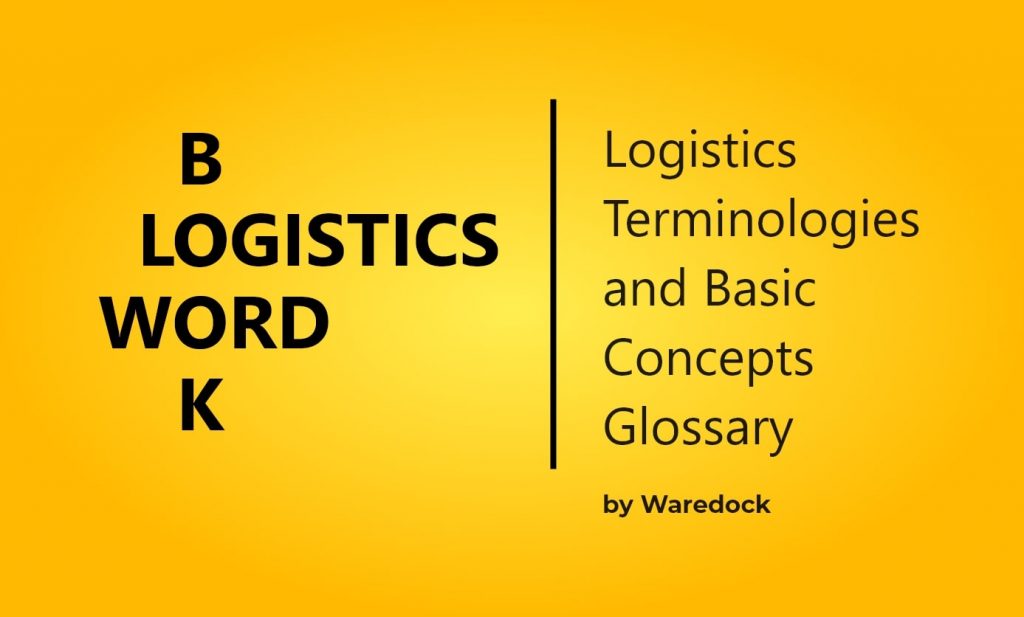The warehouse space that is rented or leased by an independent business providing a variety of services for a fee or on a contract basis.
See also Public Warehousing
Public Warehouse Advantages
Here are the main advantages why you should consider a public warehouse from a company like Waredock for your company’s storage needs
Value-added Services from Public Warehouses
If you’re the owner and operator of a private warehouse, inventory control, sorting, packaging, shipping, and receiving are all up to your company to manage. Employees must be hired, trained, and supervised in order to assure quality and compliance.
Most public warehouse facilities offer these types of services as part of the lease agreement. It’s like having an entire staff of dedicated employees that you don’t have to put on the payroll. In addition, third-party providers are able to offer lower rates for other logistics services such as transportation.
Greater Flexibility
Owning a private warehouse restricts your company’s ability to relocate should the need arise. It can take a great deal of time and effort to sell a privately held warehouse facility, find a new location, and build to suit your needs.
However, public warehousing offers a great deal of flexibility since typical lease agreements only require a 30 or 60-day notice before moving. In addition, expanding into a new territory or geographic location can be facilitated with ease by utilizing other public warehouse space.
No Property Tax
Property taxes are a huge expense for companies that own large warehouses. Failure to pay taxes on time results in fines and penalties, further increasing the cost. In tough financial times, that kind of liability can cause serious problems that may be difficult, or impossible, to recover from.
On the other hand, there are no property tax liabilities with public warehouse space for the tenants. Those costs are the sole responsibility of the warehouse provider.
No Capital Investment
When a company or business chooses to operate a private warehouse, it requires an outlay of capital to purchase, upgrade, and maintain the property. Additionally, safety equipment, storage racks, forklifts, and a myriad of other things must be purchased to operate smoothly.
Contrarily, a public warehouse has all of the infrastructure, equipment, and employees in place. There is no capital investment required, which means money will not be diverted away from other essential aspects of your business.
Better Customer Experience
With changes in consumer expectations and growing complexities in the industry, public warehousing often results in a better customer experience than a business can provide doing it alone. Businesses can achieve greater control by clearly defining needs and understanding the range of services available. Choosing the right provider can also make all the difference.
Public Warehouse Disadvantages
With all the benefits there are also some disadvantages. First, companies have somewhat less control over the processes and all that goes with warehouse operations. This can be overcome by clearly defining the needs as discussed above. Secondly, companies may find that searching and selection process also can take some time and if not conducted properly, the result may not be as beneficial as it could be. For this purpose Waredock is has developed a quick quoting tool for you to get the best understanding of different 3PL capabilities near you.

